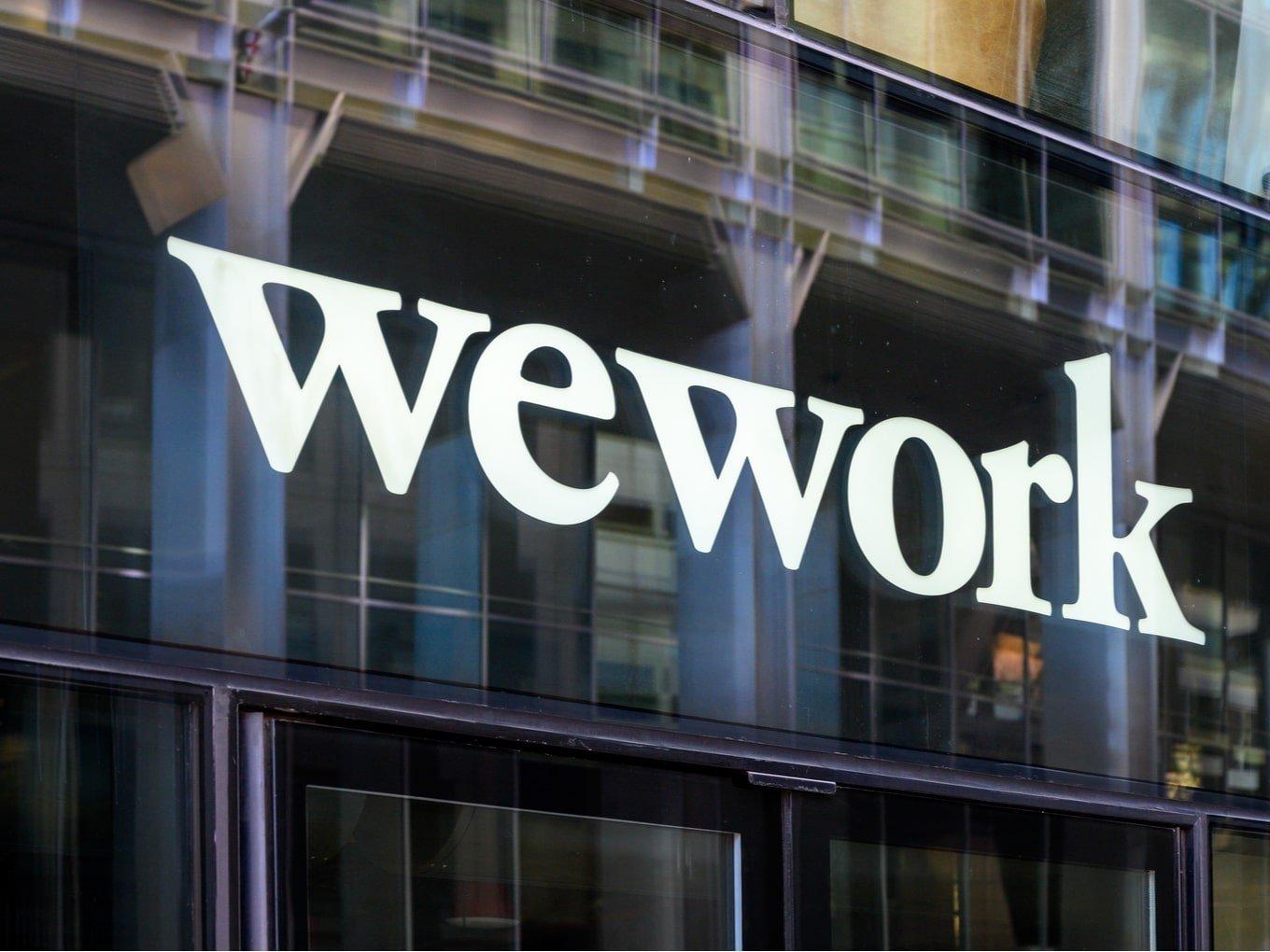WeWork India, one of the most recognisable names in the flexible office space industry, is getting ready to go public with a proposed issue of up to four thousand crore rupees. The company has secured approval from SEBI and is expected to launch its IPO in August. This is big news for both the startup world and the commercial real estate sector in India. But while the listing promises visibility and liquidity, the issue also raises important questions about the company’s strategy, profitability, and future in a competitive market.

Unlike traditional IPOs where companies raise fresh capital for expansion or debt repayment, WeWork India’s offering is entirely an Offer for Sale. This means that none of the proceeds will go to the company itself. Instead, existing shareholders, including the promoter Embassy Buildcon LLP and investor Ariel Way Tenant, will sell part of their holdings. Embassy Buildcon plans to offload over three crore shares, while Ariel Way will release over one crore shares. The company’s goal is to list on both NSE and BSE, and the IPO structure will include portions allocated for institutional investors, high-net-worth individuals, retail buyers, and eligible employees.
WeWork India was established in 2017 and currently operates 68 centres across eight major Indian cities, offering stylish, fully-equipped office spaces for startups, freelancers, small businesses, and large corporations. Their presence in metros like Bengaluru, Mumbai, Delhi, and Chennai has contributed to a cultural shift in how people work. With the rise of hybrid work and the demand for flexibility, WeWork positioned itself as a solution to the limitations of traditional leases.

The company’s model involves leasing top-grade commercial spaces, redesigning them into collaborative hubs, and offering memberships to clients on monthly, quarterly, or annual terms. This includes private offices, customised suites, and enterprise-scale solutions. Digital products such as WeWork On Demand and All Access further expand their reach by offering users flexible bookings without long-term commitments.
While the brand is widely loved for its modern aesthetics and convenience, its financial performance has seen ups and downs. Over the past three fiscal years, the company has posted consistent losses. However, the loss figures have narrowed significantly. For example, WeWork India reduced its losses from over six hundred crore rupees in FY22 to around one hundred thirty crore rupees in FY24. Even more notably, the company turned profitable in the first half of FY25, reporting a net profit of over one hundred seventy crore rupees. This improvement was driven by increased membership revenue, cost optimisation, and demand for new services.
Despite that, some warning signs remain. The company’s net worth remains negative, and past financials include years of high cash burn. Furthermore, nearly seventy percent of its revenue comes from just two cities: Mumbai and Bengaluru. This geographic concentration poses a risk if market conditions shift in those areas. Additionally, WeWork’s lease obligations tie up large sums in fixed agreements with limited exit options. If occupancy levels drop or client churn rises, the company could face liquidity issues.

Another concern is that some landlords control a large portion of the leased portfolio. This weakens the company’s negotiating power and increases its dependency on select property owners. Furthermore, the broader co-working industry is vulnerable to economic slowdowns, inflation, or changing employment patterns. As seen during the pandemic, any drop in demand can severely affect flexible space operators.
Still, WeWork India has some strong advantages. Backed by Embassy Group, one of India’s top real estate players, the company has access to premium locations and strategic partnerships. It also enjoys brand strength and a loyal customer base. The exclusive license of the WeWork brand in India allows it to leverage global expertise and attract large enterprises looking for quality workspaces.
Ultimately, the IPO offers investors a chance to buy into a company that sits at the crossroads of real estate, technology, and the future of work. While challenges persist, especially around profitability and sustainability, the growth in flexible office demand presents a major opportunity. The success of this IPO could determine whether WeWork India becomes a market leader in the post-pandemic work culture or gets weighed down by financial and operational complexities.
To stay ahead of IPO trends, investment insights, and everything happening in the modern money world, follow You Finance on Instagram and Facebook. Stay smart, stay updated, and make informed financial choices that work for you.














